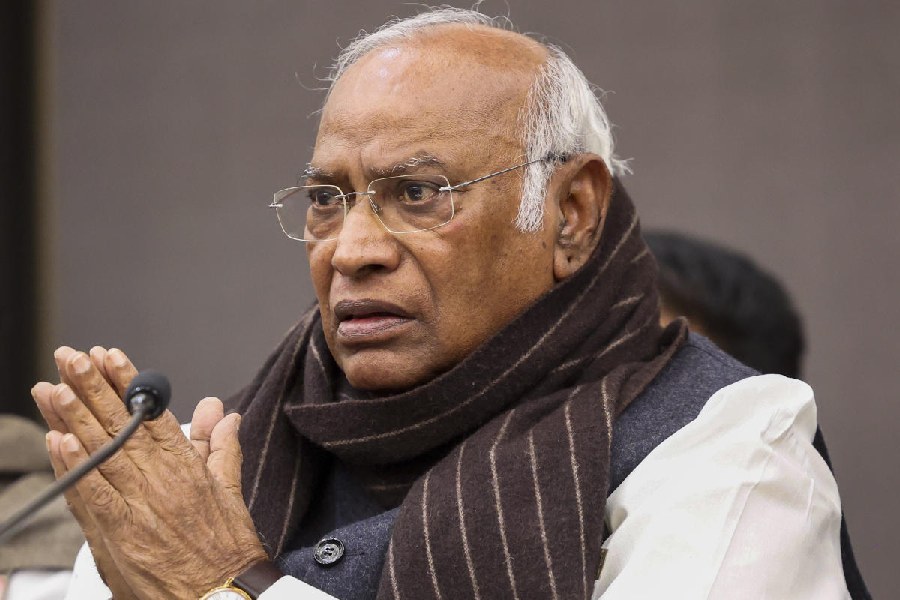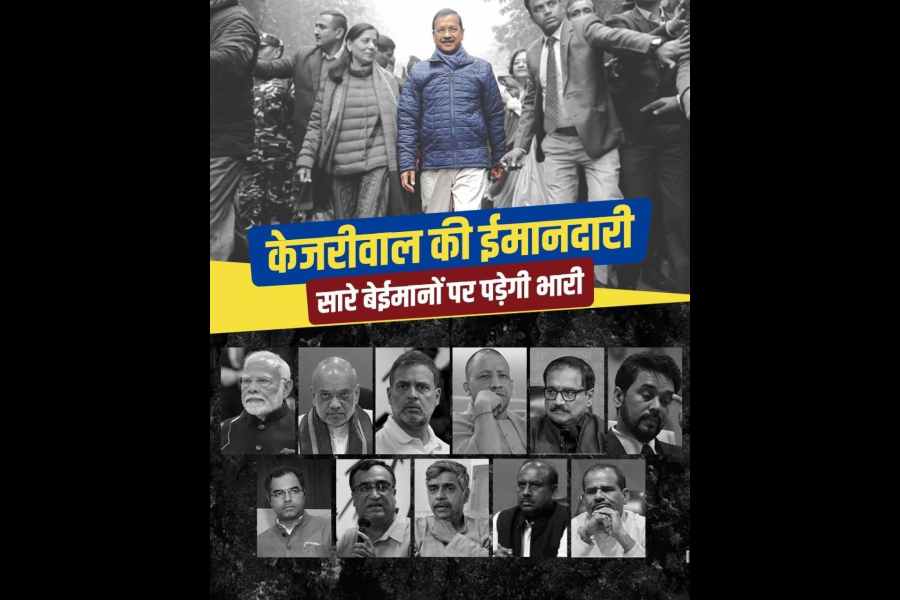The Supreme Court has ruled that courts cannot direct the Reserve Bank of India (RBI) to impose a cap on the interest rate that banks charge their customers under the Banking Regulation Act.
The verdict effectively brushed aside cross appeals filed by consumer organisations challenging the 36 per cent to 49 per cent that banks levy from their credit card customers for late payment.
“We agree with the submissions made by the RBI that the question of directing the RBI to act against any bank does not arise in the facts and circumstances of the present case… there is no question of the RBI being directed to impose any cap on the rate of interest, either on the banking sector as a whole, or in respect of any one particular bank, contrary to the provisions contained in the Banking Regulation Act, and the circulars/directions issued thereunder,” a bench of Justice Bela M Trivedi and Justice Satish Chandra Sharma said.
The bench had delivered the judgment on December 20 but it was not uploaded immediately.
The court had allowed appeals filed by Hong Kong Shanghai Corporation, Citibank, American Express Banking Corporation, Standard Chartered Bank, and Housing Development Finance Corporation (HDFC) challenging a 2008 judgment of the National Consumer Disputes Redressal Commission (NCDRC) which had held that banks could not charge interest rates above 30 per cent from credit card holders who delayed or defaulted on payments.
The NCDRC)said the levy of usurious rates of interest constituted an unfair trade practice, adding that penal interest could be charged only once for one default and “the same shall not be capitalized”.
Writing the judgment, Justice Satish Chandra Sharma said: “It is a well-settled principle that the terms of a contract executed between two parties, are not open to judicial scrutiny unless the same is arbitrary, discriminatory, mala fide or actuated by bias.”
The court said the banks had not made any misrepresentations or attempted to deceive the card holders.
“Upon availing the facility of the credit cards, the customers are made aware of ‘the most important terms and conditions’, including the rate of interest, that shall be charged by the Banks. Even on merits, the RBI , has made it clear that there exists no material on record to establish that any bank has acted contrary to the policy directives issued by the RBI” the judgment said.
“It is a settled cannon of law that a contract, being a creature of an agreement between two or more parties, is to be interpreted giving the actual meaning to the words contained in the contract… it is not permissible for the Court to make a new contract, however reasonable, if the parties have not made it themselves,” the judges said.
The bench said it has considered all the circulars/notifications on credit card operations, up till 2022, issued by the Reserve Bank of India.










